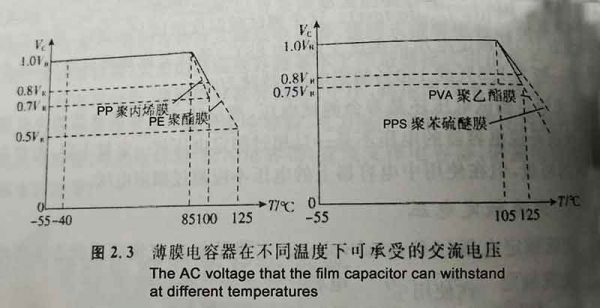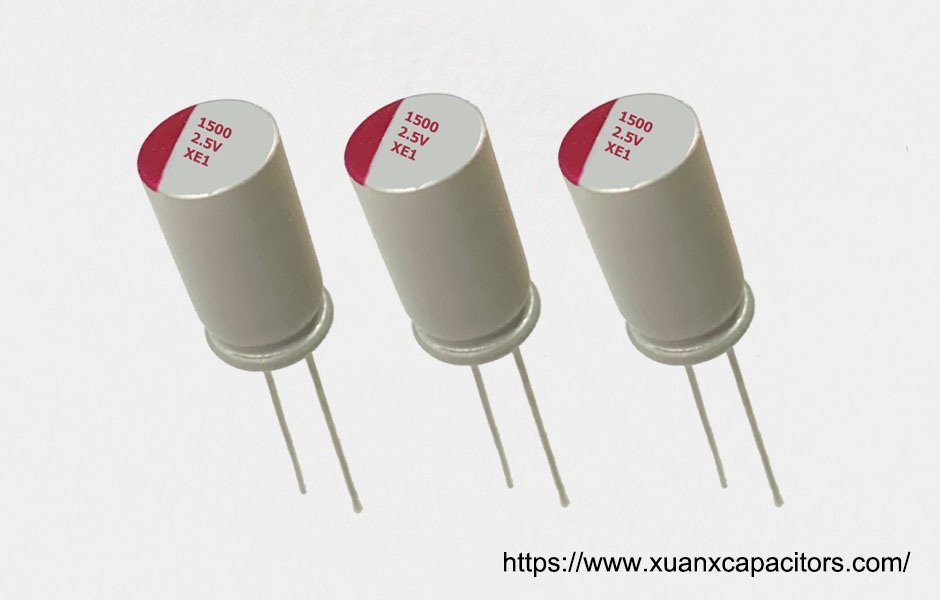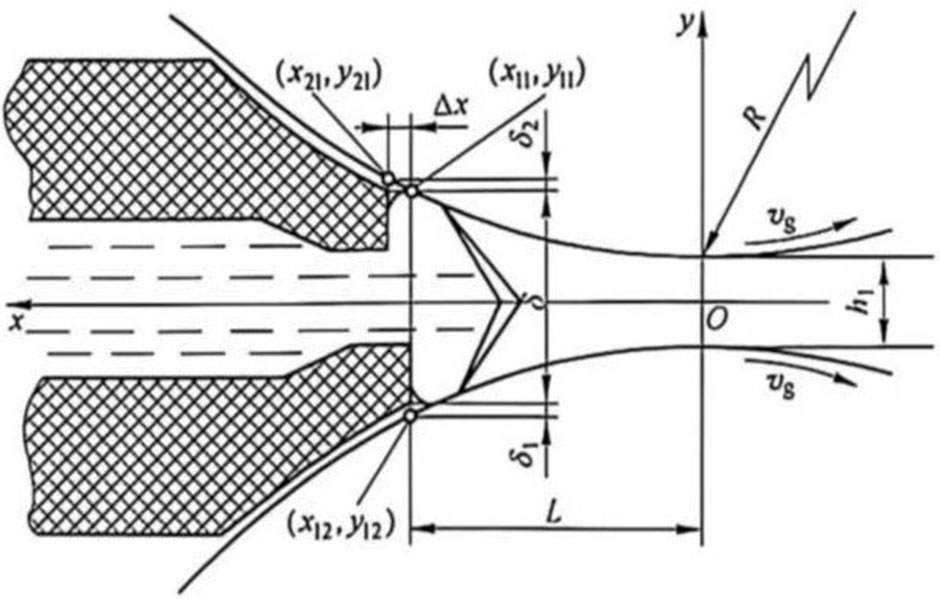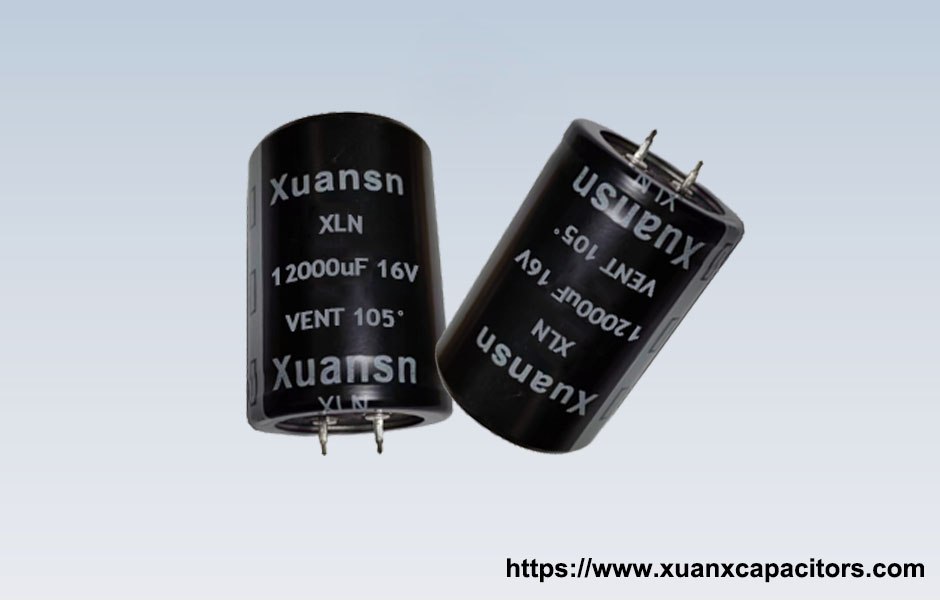The relationship between capacitor voltage and operating temperature
 For organic films, when the temperature rises to a certain level, the film begins to soften, and the withstand voltage will be greatly reduced at this time. Therefore, organic film capacitors must not work at excessively high temperatures. If they must work at high temperatures, they must be derated for use.
For organic films, when the temperature rises to a certain level, the film begins to soften, and the withstand voltage will be greatly reduced at this time. Therefore, organic film capacitors must not work at excessively high temperatures. If they must work at high temperatures, they must be derated for use.
 For the relationship between voltage and temperature of organic film capacitors, please refer to Figure 2.3.
For the relationship between voltage and temperature of organic film capacitors, please refer to Figure 2.3.

The AC voltage that the film capacitor can withstand at different temperatures
 The relationship between the rated voltage drop factor and temperature of EPCOS polypropylene dielectric MKP and MFP metallized or metal foil capacitors at a rated operating temperature of 85°C is shown in Figure 2.10.
The relationship between the rated voltage drop factor and temperature of EPCOS polypropylene dielectric MKP and MFP metallized or metal foil capacitors at a rated operating temperature of 85°C is shown in Figure 2.10.
The relationship between the derating factor of the working voltage of the film capacitor and the temperature
 It can be seen from the figure that the working voltage derating of the B43612~B32614 series of polypropylene metallized capacitors with a maximum operating temperature of 100°C starts from 90°C, and when it reaches 100°C, the derating factor is reduced to 0.1, which means that at this time The capacitor withstand voltage is only 10% of the rated voltage at room temperature.
It can be seen from the figure that the working voltage derating of the B43612~B32614 series of polypropylene metallized capacitors with a maximum operating temperature of 100°C starts from 90°C, and when it reaches 100°C, the derating factor is reduced to 0.1, which means that at this time The capacitor withstand voltage is only 10% of the rated voltage at room temperature.
 The voltage of the B32632~B32634 series polypropylene metallized capacitors with a maximum temperature of 110°C will start from 100°C, and the derating factor will be reduced to 0.1 at 110°C, which means that the capacitor withstand voltage at this time is only rated at room temperature10% of voltage.
The voltage of the B32632~B32634 series polypropylene metallized capacitors with a maximum temperature of 110°C will start from 100°C, and the derating factor will be reduced to 0.1 at 110°C, which means that the capacitor withstand voltage at this time is only rated at room temperature10% of voltage.
 It can be seen from the above that organic film capacitors should not work at the highest operating temperature as much as possible. Polypropylene film capacitors and polyester film capacitors should work below 58°C, and polyphenylene sulfide and polyethanol should work below 105°C.
It can be seen from the above that organic film capacitors should not work at the highest operating temperature as much as possible. Polypropylene film capacitors and polyester film capacitors should work below 58°C, and polyphenylene sulfide and polyethanol should work below 105°C.











